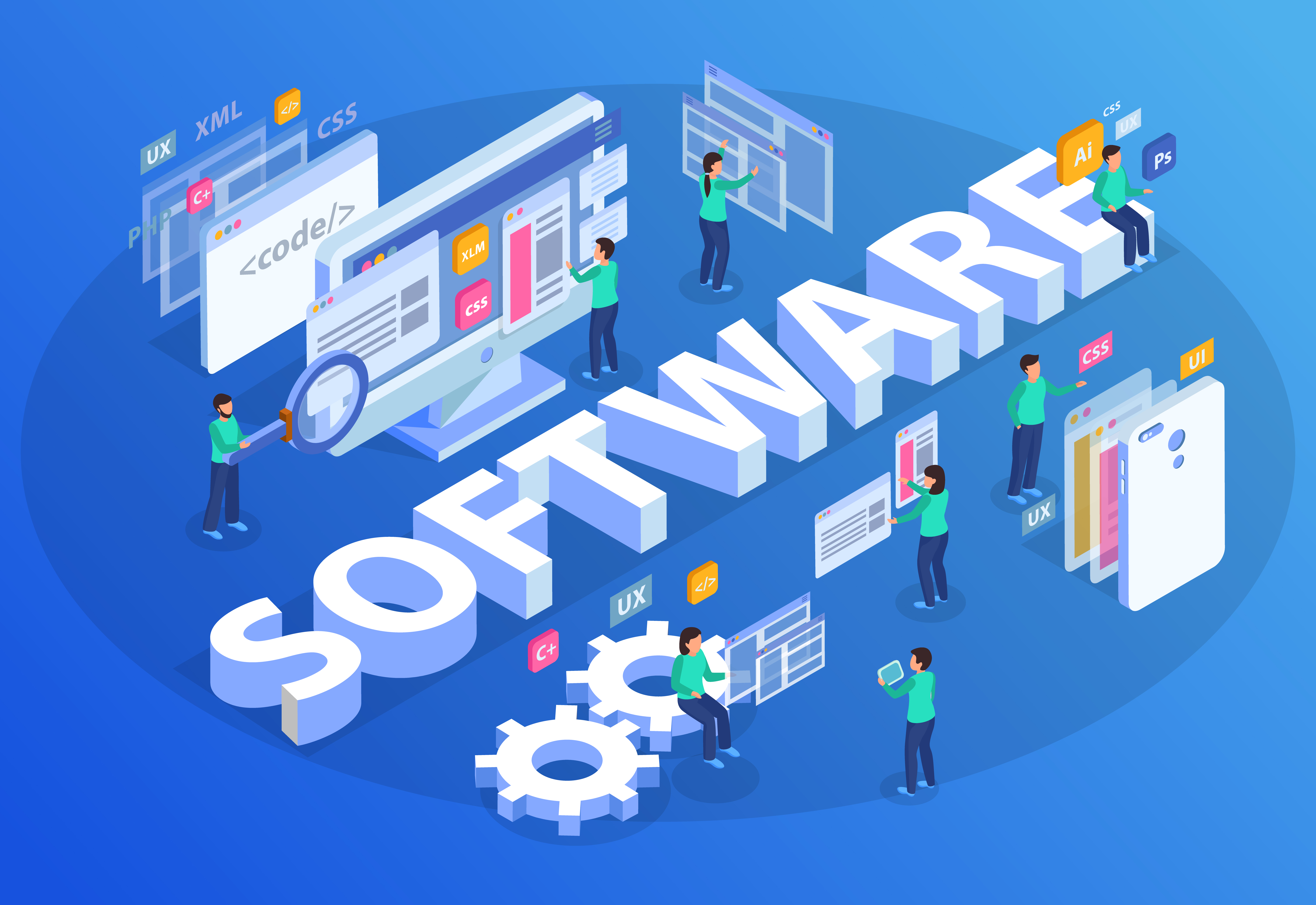
Enterprise Resource Planning (ERP) software has become the backbone of modern business operations. It integrates every aspect of an organization’s functions—finance, supply chain, manufacturing, customer relations, and human resources—into a single cohesive system. Businesses today are increasingly recognizing the power of ERP systems not just for operational efficiency but as a strategic tool for scalability and digital transformation.
What is ERP Software? A Business Essential
ERP software is a suite of integrated applications that streamline and automate core business processes in real time. By centralizing data across departments, ERP software enables businesses to make data-driven decisions, reduce redundancies, improve productivity, and boost overall profitability.
A modern ERP platform offers:
- Real-time data access
- Modular and scalable architecture
- Cloud-based and on-premise deployment options
- End-to-end visibility across the enterprise
Why ERP is Crucial for Business Success
The key to thriving in today’s digital-first world lies in agility, transparency, and data control. ERP software delivers this by integrating departments, standardizing operations, and ensuring a single source of truth.
Benefits of implementing ERP software business:
- Improved decision-making through real-time data analytics
- Enhanced efficiency by automating repetitive tasks
- Greater collaboration across departments
- Reduced operational costs
- Regulatory compliance and risk management
- Better customer service through CRM integration
Top ERP Software Solutions for Businesses in 2025
As of 2025, here are the most reliable and feature-rich ERP solutions for businesses of all sizes:
1. SAP S/4HANA
A leader in the ERP landscape, SAP S/4HANA offers intelligent ERP with built-in AI, machine learning, and advanced analytics. It’s best suited for large enterprises looking for deep customization and scalability.
Key features:
- In-memory computing
- Industry-specific modules
- Advanced data management and visualization
2. Oracle NetSuite
Ideal for fast-growing mid-sized businesses, Oracle NetSuite is a robust cloud-based ERP system that offers an end-to-end suite for finance, CRM, eCommerce, and inventory.
Key features:
- Unified business management suite
- Real-time dashboards
- International expansion support
3. Microsoft Dynamics 365
Perfect for companies seeking integration with Microsoft’s ecosystem, Dynamics 365 merges ERP and CRM functionality with powerful AI and automation tools.
Key features:
- Seamless Office 365 integration
- Scalable modules for manufacturing, sales, and service
- Strong BI capabilities with Power BI
4. Odoo
A rising star in open-source ERP, Odoo provides an affordable, modular approach with over 30 applications covering sales, HR, manufacturing, and more.
Key features:
- Community and enterprise editions
- Full customization with Python-based development
- User-friendly interface and rapid deployment
5. TallyPrime
Tailored for small to medium businesses in India and emerging markets, TallyPrime focuses on simplicity, compliance, and powerful accounting functionalities.
Key features:
- GST-compliant invoicing
- Multi-location inventory
- Payroll and banking modules
Cloud ERP vs On-Premise ERP: Choosing What’s Right
Businesses must carefully evaluate deployment options based on cost, scalability, and control.
Cloud ERP
- Lower upfront costs
- Automatic updates
- Scalability and remote access
- Ideal for startups and SMEs
On-Premise ERP
- Greater customization
- Complete control over data
- Requires dedicated IT infrastructure
- Best for enterprises with complex workflows
Hybrid ERP models are also gaining traction, offering a mix of cloud flexibility and on-premise security.
Industry-Specific ERP: Tailored to Your Needs
ERP software isn’t one-size-fits-all. Businesses in different verticals benefit from ERP solutions tailored to their industry:
- Manufacturing ERP: Production planning, inventory control, quality management
- Retail ERP: POS integration, customer loyalty management, real-time inventory
- Construction ERP: Project costing, contract management, procurement workflows
- Healthcare ERP: Patient records, compliance, and supply chain for medical goods
- Education ERP: Admission, fee management, faculty scheduling, student records
Key Features to Look for in ERP Software
When selecting ERP software, businesses should prioritize features that align with their strategic goals:
- Business Intelligence & Reporting
- Mobile Accessibility
- AI & Predictive Analytics
- Multi-Currency and Multi-Language Support
- Third-Party Integrations (APIs)
- Security & Data Encryption
- Role-Based Access Control
A robust ERP system should empower users to streamline operations, adapt to changes, and scale with confidence.
Challenges in ERP Implementation—and How to Overcome Them
ERP implementation can be complex and costly if not executed with a strategic approach. Here are common pitfalls:
- Lack of user training
- Poor change management
- Over-customization
- Integration issues with legacy systems
- Unrealistic timelines
Solution:
- Invest in stakeholder buy-in and training
- Choose experienced ERP consultants
- Opt for modular rollouts
- Maintain continuous system evaluation and feedback
Future Trends in ERP Software
The ERP market is evolving rapidly, influenced by AI, IoT, blockchain, and hyper-automation. Here’s what’s shaping the future:
- AI-driven insights and chatbots for user-friendly interfaces
- IoT integration for real-time data collection in logistics and manufacturing
- Blockchain for secure transactions and transparent supply chains
- Low-code/No-code ERP for custom workflows without coding
- Sustainability-focused ERP tools tracking ESG goals
Conclusion: ERP is the Backbone of Digital Transformation
A well-chosen ERP system is not just an IT investment—it’s a business enabler. Whether you’re a manufacturing firm, a fast-scaling startup, or an international enterprise, ERP software ensures that your operations are aligned, efficient, and future-ready.
In today’s competitive environment, the right ERP solution is your launchpad to operational excellence, enhanced customer experiences, and sustainable growth.













